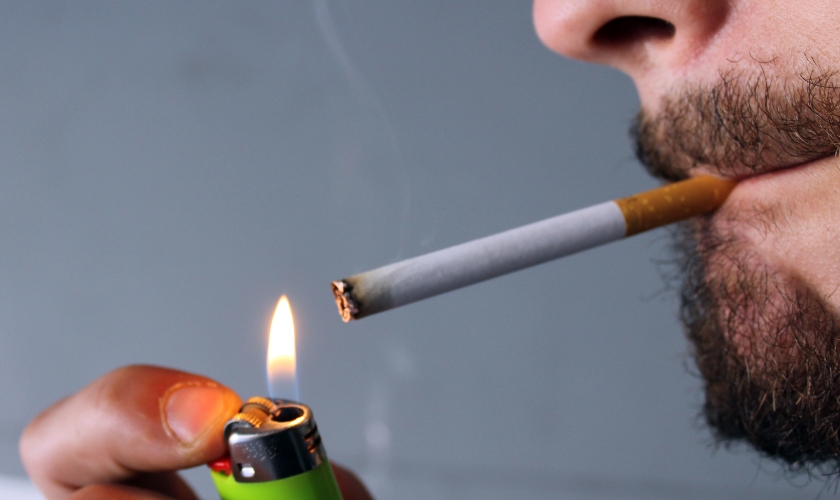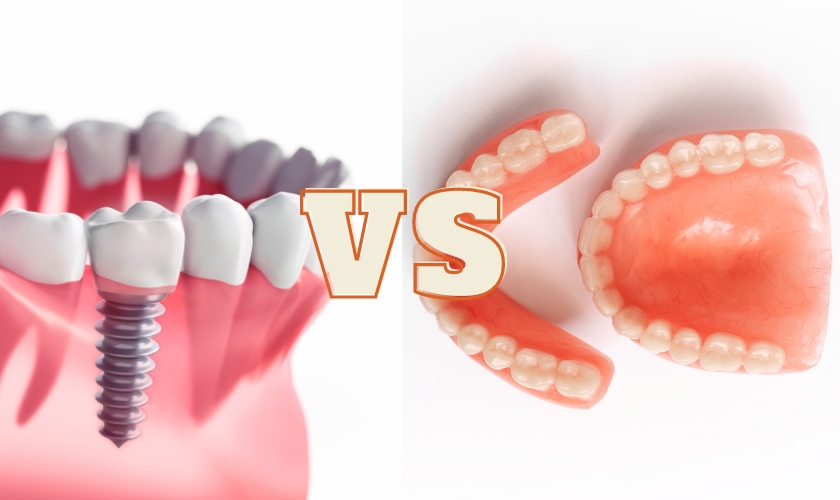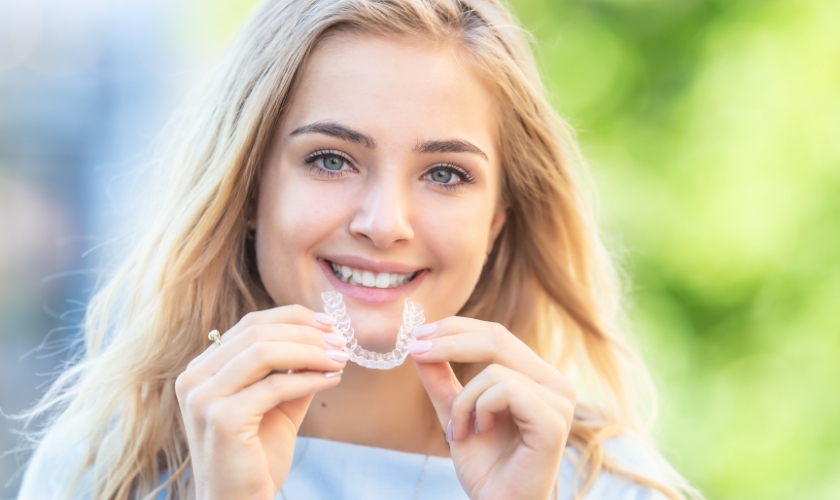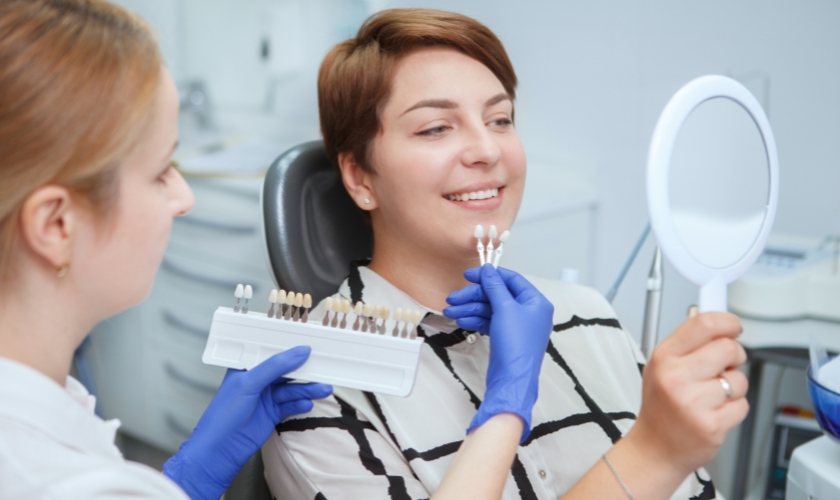
Show Off Your Pearly Whites: Essential Teeth Whitening Aftercare
Are you tired of feeling self-conscious about your smile? Teeth whitening is a popular and effective way to achieve a brighter, more confident grin. But after getting your teeth professionally whitened or using at-home whitening kits, it’s important to take proper care of your pearly whites. In this blog post, we’ll share 4 essential teeth whitening aftercare tips that will help you maintain a dazzling smile for longer. Don’t let bad habits erase the results of your hard work – read on to learn how to show off those pearly whites.
Why Is Aftercare Important?
Aftercare is an essential part of any teeth-whitening process. Once you’ve achieved the smile of your dreams, it’s important to maintain it properly. Neglecting aftercare could lead to discoloration and even damage to your teeth.
One reason why aftercare is so crucial is that teeth whitening can cause sensitivity in your teeth. This sensitivity can last for a few days or weeks after treatment, but proper care can prevent it from becoming too uncomfortable.
Another reason why aftercare matters are that certain foods and beverages can stain your newly whitened teeth more easily than before. Drinking coffee, tea, red wine, or eating dark-colored berries should be avoided as much as possible during the first 48 hours post-treatment.
Additionally, good oral hygiene practices become even more critical following a professional teeth whitening procedure. Brushing at least twice daily with fluoride toothpaste and flossing once a day will help keep your mouth healthy and prolong the effects of the treatment.
Taking care of your freshly-washed pearly whites requires little effort on your end but has lasting benefits for both aesthetics and oral health.
What Are Some Aftercare Tips?
Aftercare tips are crucial to maintaining the results of your teeth whitening treatment. Here are a few things you can do post-treatment to ensure that your pearly whites stay white:
1) Avoid staining foods and drinks: After getting your teeth whitened, it’s best to limit or avoid consuming food and drinks that can stain your teeth such as coffee, red wine, tea, and dark-colored sauces.
2) Use a straw: If you must drink beverages like soda or fruit juice that can cause discoloration, use a straw. This will help keep the liquid away from your front teeth.
3) Maintain good oral hygiene: Brush twice daily with fluoride toothpaste and floss at least once a day. Regular dental cleanings also play an important role in keeping up with healthy oral hygiene habits.
4) Touch-up treatments: Depending on the type of whitening treatment you received, touch-up sessions may be recommended every six months or so. Consult with your dentist about when it might be time for another session.
By following these tips diligently after getting your teeth whitened, you’ll be able to enjoy sparkling white teeth for longer.
How Often Should You Whiten Your Teeth?
When it comes to teeth whitening, one of the most common questions people have is how often they should whiten their teeth. The answer varies depending on several factors such as your lifestyle habits and the type of teeth whitening method you use.
For those who love drinking coffee, tea, or red wine regularly, you may need to whiten your teeth more frequently compared to someone who doesn’t consume these drinks. Smoking or using tobacco products can also cause your teeth to yellow faster, so quitting smoking can help prolong the effects of whitening treatment.
The frequency of at-home treatments like using whitening toothpaste or strips will depend on the strength of the product being used. Some products recommend daily use for up to two weeks while others suggest using them only once or twice a week.
If you opt for in-office professional treatments, they tend to provide longer-lasting results compared to at-home methods but need touch-ups every few months. Your dentist will be able to determine what’s best for your specific needs based on an evaluation during regular dental checkups.
Ultimately, there’s no set timeline for how often you should whiten your teeth because everyone’s situation is different and unique. It’s always best to consult with your dentist and discuss which options are available that match both long-term goals and short-term expectations when it comes to keeping pearly whites shining brightly.
Bottom Line
As we’ve seen, taking good care of your teeth after whitening is incredibly important to maintain that bright, white smile you’ve worked so hard for. By following these essential tips and tricks, you can ensure that your pearly whites stay just as dazzling as the day you left the dentist’s office.
Remember to avoid any stain-causing foods or drinks immediately after whitening and opt for water instead. Brushing with a gentle touch using a soft-bristled brush will help prevent sensitivity while keeping those stains at bay. And don’t forget about flossing; this critical step helps remove any remaining debris in between teeth.
By incorporating these effective aftercare practices into your daily routine and limiting exposure to staining agents such as coffee, tea, and red wine – you’ll be able to enjoy your newly-whitened teeth for much longer!
So go ahead – show off those pearly whites with confidence knowing that they are well-maintained.
Yes, teeth whitening is generally considered safe when done correctly. However, it is important to follow the instructions carefully and not overdo it.
The effects of teeth whitening vary from person to person. It largely depends on your lifestyle choices such as diet and smoking habits. Generally, the results can last up to two years with proper aftercare.
No, teeth whitening only works on natural tooth enamel and will not lighten artificial materials like veneers or crowns.
Some people may experience sensitivity during or after the treatment but this usually subsides within a few days.






